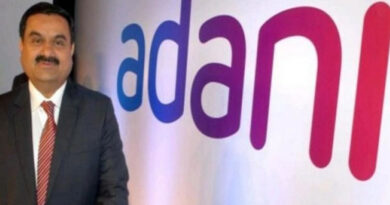Government will set up 100 charging stations for charging electric vehicles, the government’s goal – the facility of charging every one kilometer
In view of the increasing trend of customers towards electric mobility, many state governments have started working on its infrastructure. Recently, the Delhi government has issued fresh tenders for setting up 100 charging stations for electric vehicles across the city. This step has been taken under the ‘Switch Delhi’ campaign of the Delhi government.
Aim to set up a charging station every one km
According to sources, the Delhi government is planning to install a charging station every one kilometer in the next two years. Currently, 70 electric charging stations are operating in different parts of the city.
Subsidy of 30 thousand on electric two wheelers
To promote electric vehicles, the Kejriwal government has launched the ‘Switch Delhi’ campaign on 4 February this year. In this, the people of Delhi were asked to give a subsidy of Rs. 30 thousand on the purchase of two wheeler electric vehicle and up to Rs. 3 lakh on the purchase of electric car. Kejriwal had said that customers will not have to wait long for subsidy. Subsidies will reach people’s account within just three days of purchasing the vehicle.
Go electric campaign started
Union Road Transport and Highways Minister Nitin Gadkari on Friday launched the Go Electric campaign in Delhi. Under this, electric vehicles will be made mandatory for the officers of the department. Gadkari says that if 10,000 electric vehicles are used in Delhi, it will significantly reduce pollution. There will also be savings in fuel expenses.
6-times increase in e-cars in the country in three years
According to the Society of Manufacturers of Electric Vehicles (SMEV), in the last three years, e-cars have increased nearly six times and e-two wheelers have increased nearly nine times. But the price of an e-vehicle is still a big challenge and it can be reduced only when the largest part of the cost of manufacturing i.e. the cost of the battery is low. About 35% of the cost of an e-vehicle is the cost of the battery. This is the case when the cost of e-vehicle batteries has come down by 90% in the last 10 years.
In the next two-three years, the current cost will decrease by 50%. Batteries will also be started in the country within two years. Batteries will account for 16% of the cost of e-vehicle with technological improvements and the increasing number of vehicles. Obviously, e-vehicles will be cheap. According to a study by NITI Aayog, the electric battery market in the country will be Rs 21 lakh crore in 2030. For this, 60 thousand metric tons of lithium will be needed in the country by 2030.


